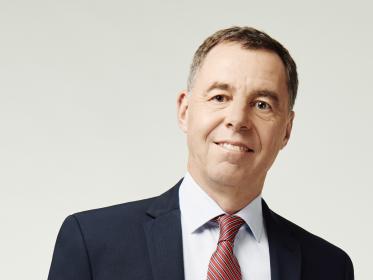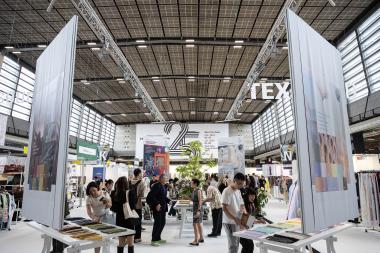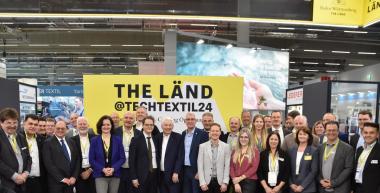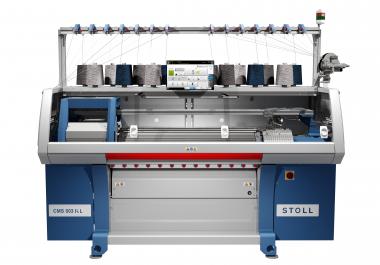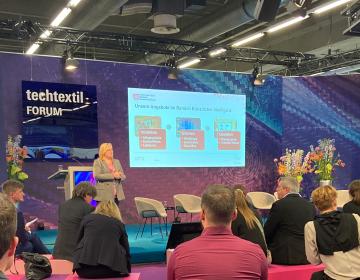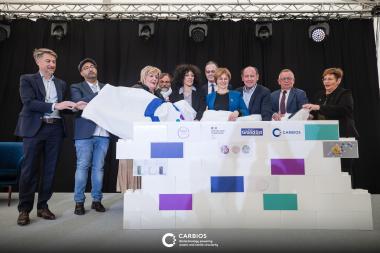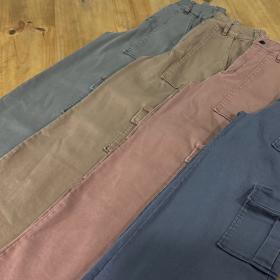Archroma at Bangladesh Denim Expo 2024
Archroma is bringing a comprehensive suite of denim solutions to the Bangladesh Denim Expo 2024 at the International Convention Center (ICCB) in Dhaka on May 6 to 7, 2024.
The demand for denim wear is on the rise, accompanied by consumers' heightened expectations for sustainability. Brands looking to meet this demand must not only deliver functional and stylish denim but also minimize environmental impact.
Archroma is presenting a range of planet conscious solutions at the expo, including DENISOL® PURE INDIGO 30, DIRESUL® EVOLUTION BLACK, EARTHCOLORS®, as well as their latest SUPER SYSTEMS+ for Denim and the recently launched DENIM HALO concepts.
Archroma










